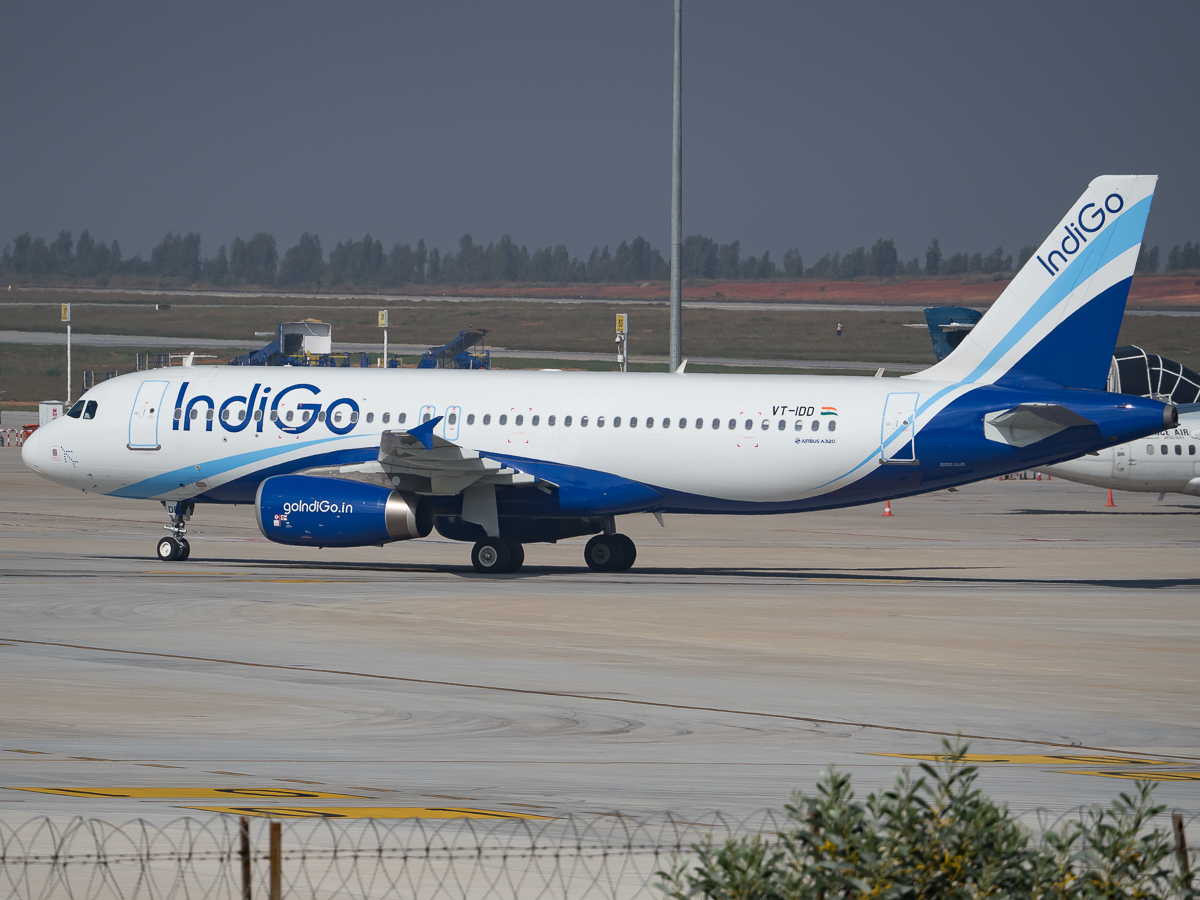Amid IndiGo fiasco, DGCA to put 'Additional Directive' for Pratt & Whitney engines

- Country:
- India
India's civil aviation regulator on Wednesday said it will issue an "Additional Directive" on safety protocols for Pratt & Whitney (P&W) engines which power Airbus A320 aircraft.
"The DGCA has been in dialogue with the manufacturers and the certifying regulatory authority for these engines (FAA, USA). It was also noted that FAA and its European counterpart EASA have not declared these engines as unsafe," the Directorate General of Civil Aviation (DGCA) said in a statement.
"Based on these latest interactions, the DGCA will issue an additional directive relating to safety protocols within a week to the airlines concerned. The situation is being continuously monitored by the DGCA as part of its safety oversight system."
The development comes after the Ministry of Civil Aviation and the DGCA held a meeting with IndiGo, GoAir, engine manufacturer P&W and aircraft maker Airbus on Tuesday to review safety-related incidents with Airbus A320 Neo aircraft, powered by P&W. The government has taken a serious note of the incidents with the aircraft's engines and called the meet to review the safety issues.
According to the DGCA, it has been noted that the "Inflight Shutdown" (IFSD) on account of NEO engines in India has averaged 0.02 per 1,000 engine flight hours which is "considerably lower than the stringent global benchmark of 0.05 IFSD rates per 1,000 engine flight hours".
"So far in India, there have been 12 IFSDs since entry into service of NEO engines beginning March 2016." Currently, there 97 Airbus A320 Neo aircraft operating in the country which is powered by PW engines.
"Most of these IFSDs and other related incidents have happened due to the failure of 'Number 3 Bearing' seal, failure of 'Knife Edge Seal', erosion of combustion chamber material, low-pressure turbine rotor blades damage and issues relating to the 'Main Gear Box'," the statement said. "... corrective action has been taken by P&W and the airlines in respect of all except issues relating to 'Main Gear Box' which is a recent phenomenon."
On its part, PW in a statement said: "Pratt & Whitney appreciated the thoughtful exchange of information with the Ministry and the DGCA." "All parties are now aligned on the status of the GTF programme in India, whose reliability has greatly improved over the last year. The GTF programme continues to be certified to the industry's highest safety standards."
The meeting follows last Thursday's incident with budget airline IndiGo, when its Kolkata-bound flight had to return to Chennai, and the airline said that it was the result of "technical caution" noted by the crew. "The crew followed the normal operating procedures and asked for a priority landing. There was no engine shutdown and no emergency landing was declared," the airline said last Saturday.
(With inputs from agencies.)
ALSO READ
Indian talent in IT sector will play important role in bringing jobs to India: Anurag Thakur
US, Philippines, Japan to tackle South China Sea incidents in trilateral summit, says Manila official
US, Philippines, Japan to tackle South China Sea incidents in trilateral summit, says Manila official
'No ground' for Indian request for return of Kachchatheevu: Lanka Minister
BRS leader KTR jibes at Kangana Ranaut over her 'Subhash Chandra Bose India's first prime minister' remark










